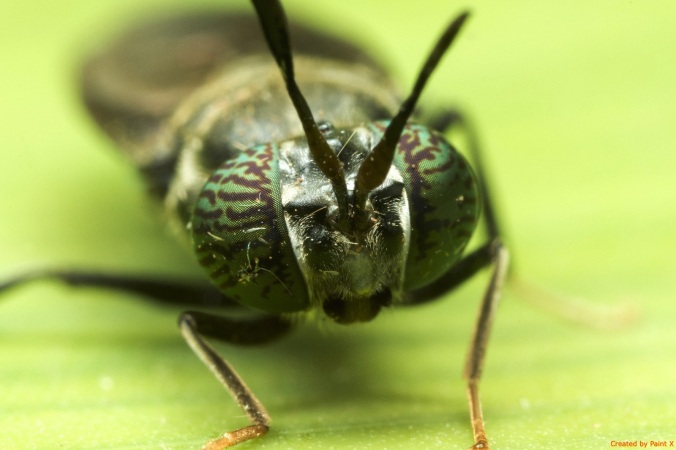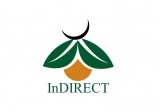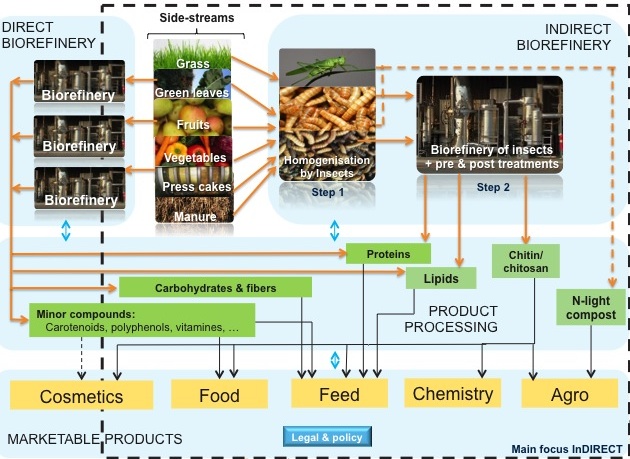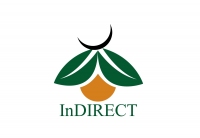

Expected impacts
-
InDIRECT activities will increase the conversion efficiency (product/ton of biomass in input) of side-streams compared to current situations.
-
The integrated processes proposed within InDIRECT will lead to products with significantly higher values than the current application of the biomass. Currently, agro-industrial & food side-streams are often used as feed or bio-energy source.
-
InDIRECT proposes a new value chain for converting biomass (like underspent side-streams) into valuable products via a homogenisation step with insects.
-
Year-round operation. One of the main problems of a biorefinery is the seasonal availability of the biomass, leading to non-efficient use of the processing plant. To cope with the heterogeneity of side-streams, a new value chain will be elaborated in InDIRECT that includes a homogenisation step (= smart combination & pre-treatment) in the biorefinery approach.
-
InDIRECT will develop a number of innovative processes and approaches that will result in new compounds and products.
-
InDIRECT activities will facilitate innovation and strengthen competitiveness and growth of pioneering companies with activities dedicated to side-stream recycling.
-
The success of new farming types and the introduction of new products in the market, is also dependent on their acceptance by the society. By studying and dissemination of project activities and results related to recycled products, it is expected that time to acceptance can be reduced.

Objectives
- The InDIRECT project aims to contribute to a post-petroleum society by exploring the potential of biorefinery approaches for wast recycling and re-use goals.
-
InDIRECT proposes new value chains for transforming agricultural and other side-streams into marketable products (and energy) via a cascading biorefinery approach, in a sustainable way, resulting in a significant reduction of greenhouse gases emissions.



